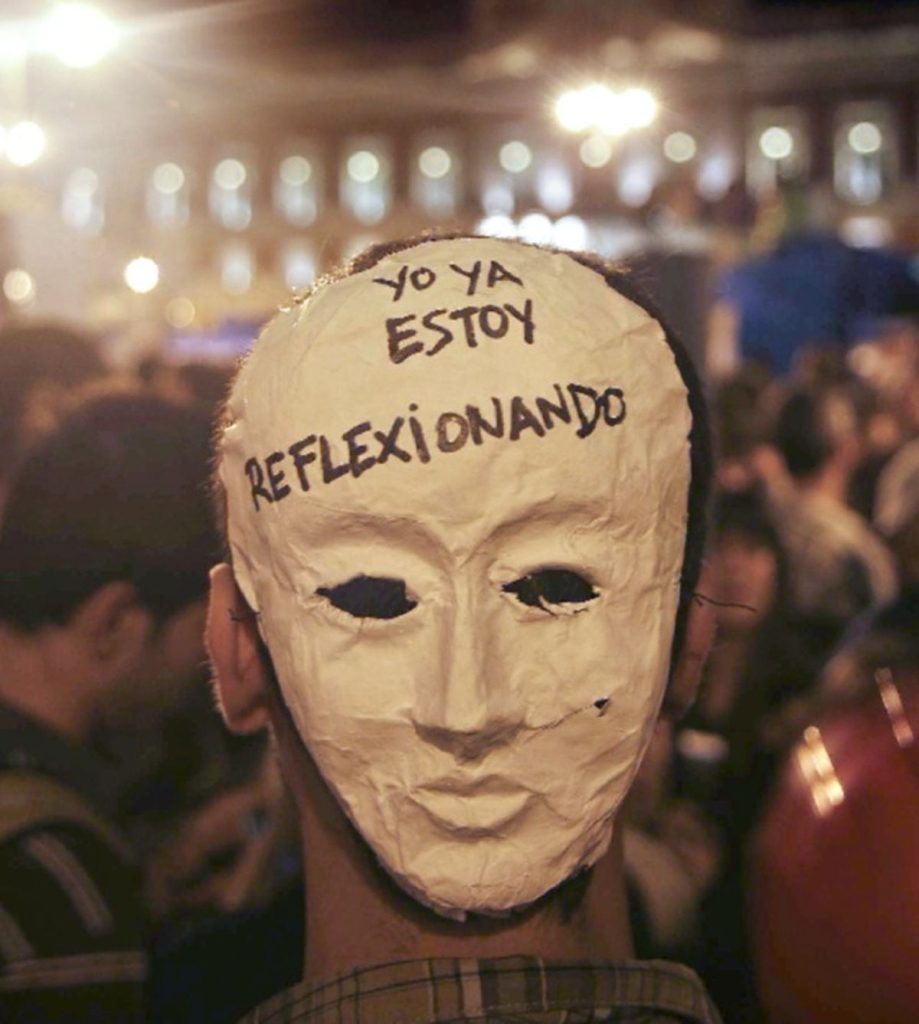The CIS survey on democratic habits shows that people under 35 are the ones who are less likely to consider democracy as preferable to any other form of government. More than 70% believe so, but this is 20 points less than older individuals. A 12% of young people believe that in certain circumstances an authoritarian government is preferable to a democratic one, and among even younger individuals, 15% do not care about the form of government. A survey on values from the Catalan Centre for Opinion Studies last autumn showed that among those born after 1986, there were more who preferred a non-democratic system that guaranteed their standard of living over a democratic one that could not guarantee it.
There is something paradoxical in the opinion of those born in a democratic system about the political system in which they have lived their whole lives. It is the native democrats who show less support for democracy, much less than their parents who were born during the Franco regime. There is an evident failure in the transmission of values to the new generations, something that was left to the exclusive criterion of the private sphere. The new Spanish democracy never aimed to make democrats out of its citizens, and this is now reflecting in the opinions of the younger generations.
However, the concept of democracy itself has also changed. For someone born in Francoist Spain, democracy not only meant freedom, elections, and political parties, but also a promise of greater well-being, almost an inevitable payment to be like the French, Germans, or Italians – to be normal, essentially. How much of the support for democracy seen in previous generations before 1975 was primarily a desire for a better economic standard? The data shows not just a change in citizens’ opinions, but also a change in the idea of democracy and what it entails.
What the data tells us is not only the change in citizens’ opinions, but also the change in the concept of democracy and what it represents. For someone born in the 1960s, democracy meant social progress and economic well-being. Is this still the case for someone born in the early 21st century? It is understandable that someone experiencing a social mobility slowdown, the collapse of the contract that gave meaning to the democratic system, may not reject apparently successful authoritarian models or nostalgic neo-Francoist speeches.
The preference of young people (especially males) for authoritarian electoral offers stems from this source. Only by reintroducing them to democracy can we save it from further decline.


